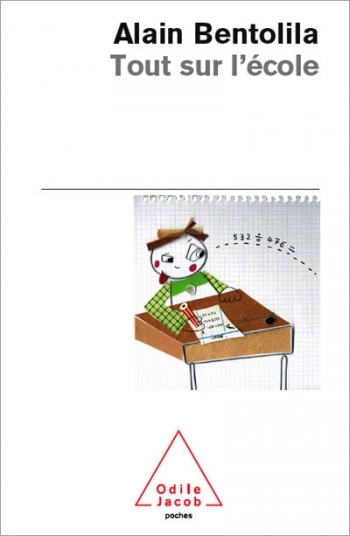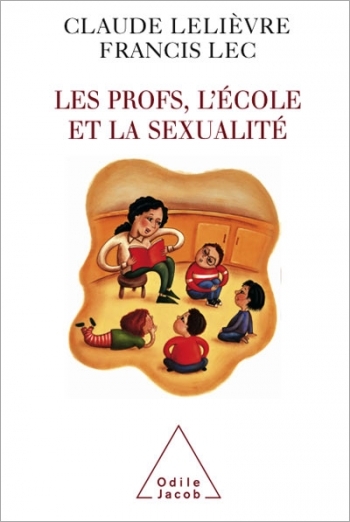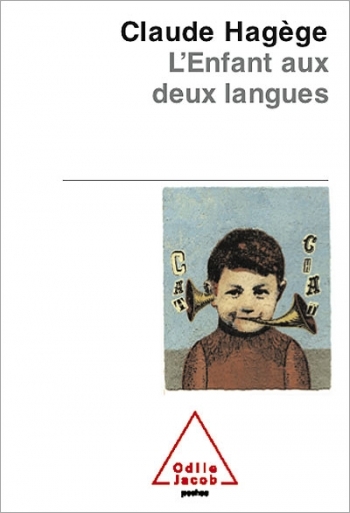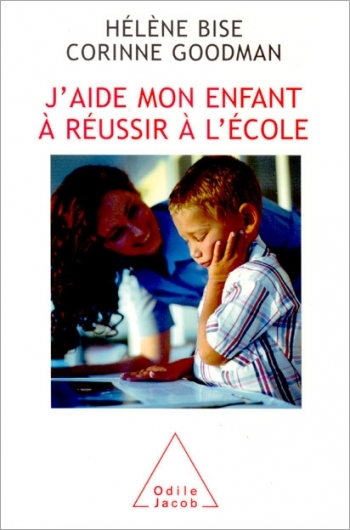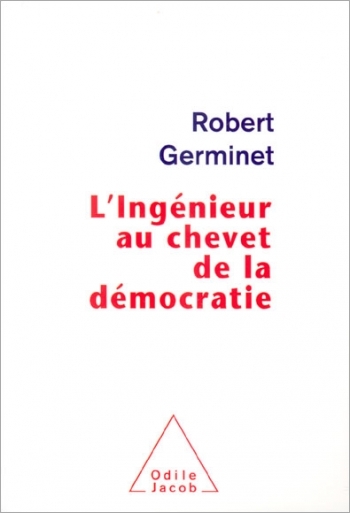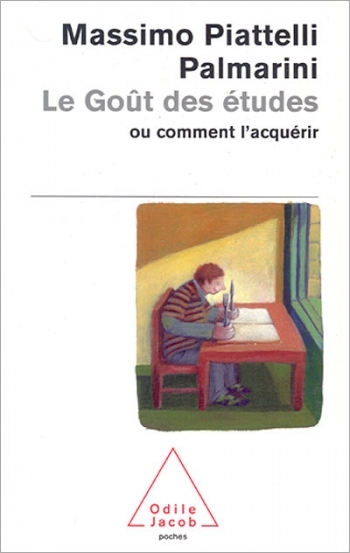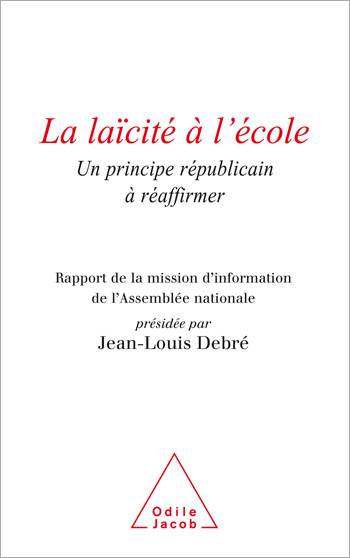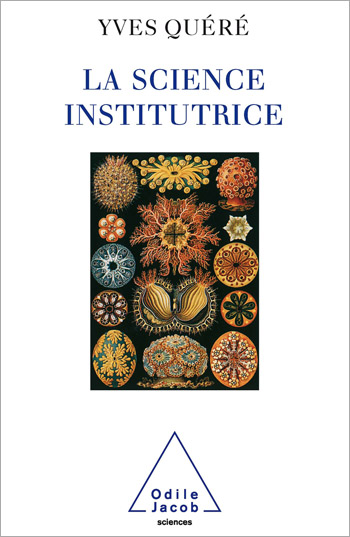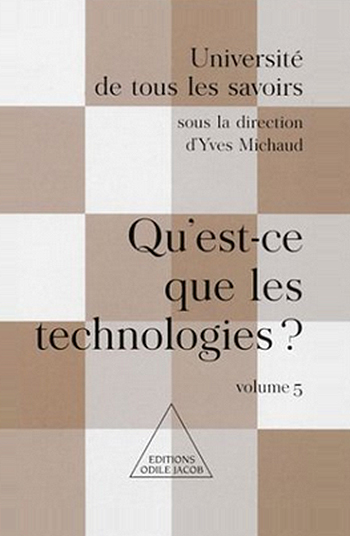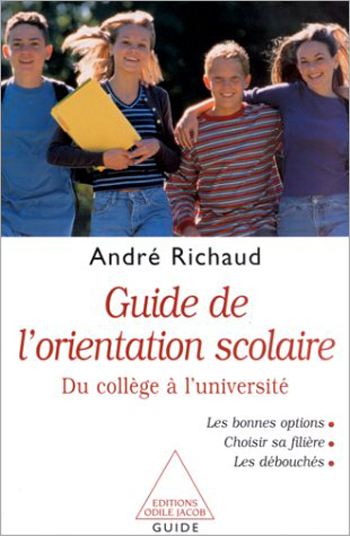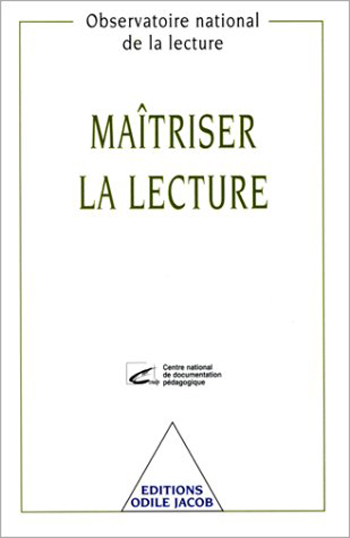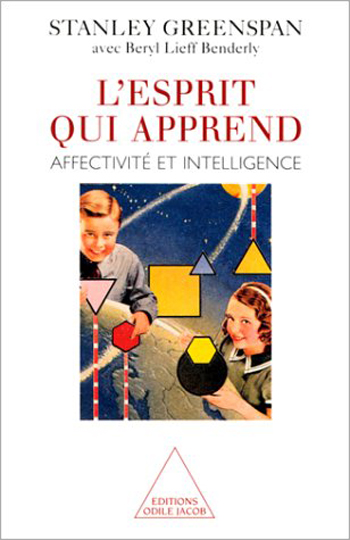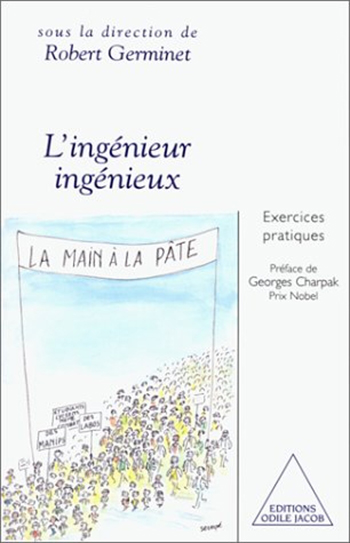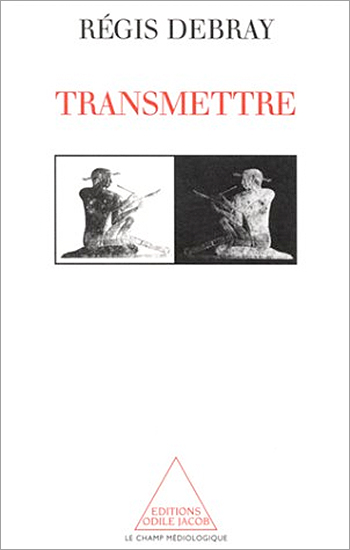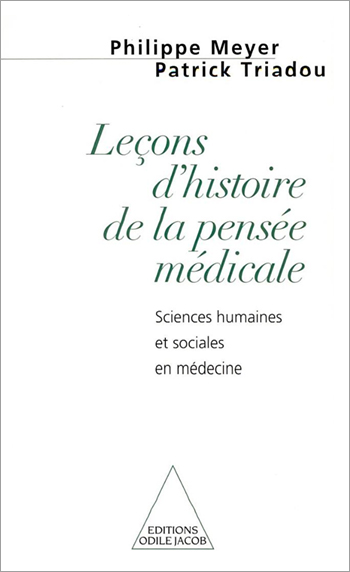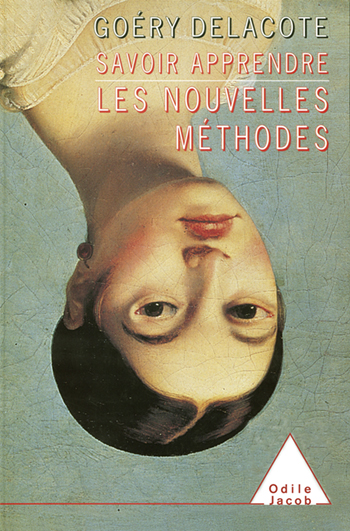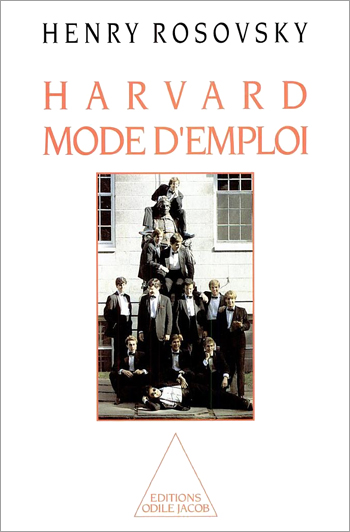Pedagogy, Education, Teaching All books
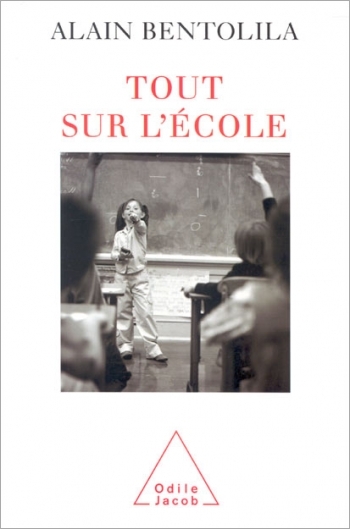
Alain Bentolila
All about scholl
This is a brilliant, clearly argued demonstration of how the inability of the school system to evolve and develop a critical spirit may lead to the general failure of our entire society.
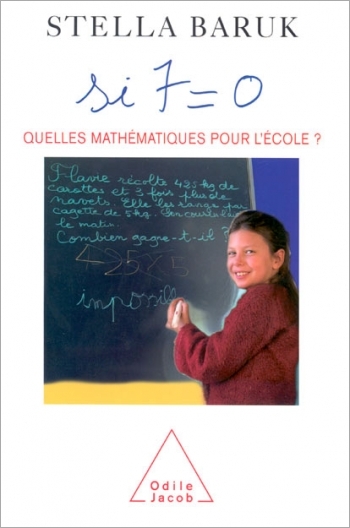
Stella Baruk
Si 7 = 0. Quelles mathématiques pour l'école ?
Stella Baruk is known for her uncompromising criticism of the way mathematics is taught at school. She sees children's frequent aversion to the subject as a clear demonstration of the failure of current methods. Following her earlier book, L'Age du Capitaine, in which she denounced the meaningless mathematical problems that children were burdened with and enjoined to solve, she now addresses the difficulties encountered by the new generation of the captain's children. She has reproduced pages from the exercise books of primary school pupils, with a commentary underlining the confusion created by modern maths in the minds of children who are not yet familiar with mathematics. Her message is clear: the fault lies not in modern maths, but in the fact that the cart has been put before the horse. Modern maths was created to generalise operations and structures that recur in every aspect of mathematics, and modern maths cannot be correctly understood without the full mastery of those operations and structures. Yet, the teaching of mathematics has been turned on its head, with the abstract being taught before the concrete and the general before the specific - with the result that empty formalism is all that is being passed on. Baruk's very precise analyses, illustrated with specific examples, will help parents understand their children's mistakes and difficulties, so that they can help them overcome them. Stella Baruk is a mathematics teacher and pedagogical researcher.
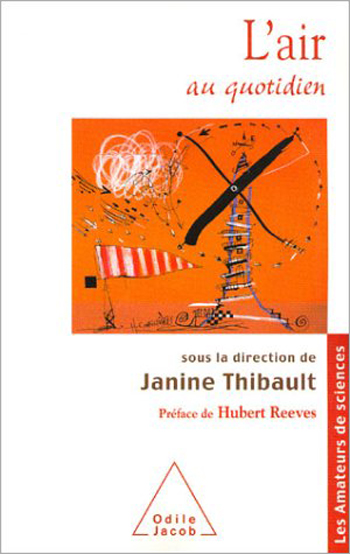
Janine Thibault
The Air We Breathe
What is air? What is pollution? Whether with regard to the atmosphere, the effects of pollutants, or the weather, teachers will find in this book elementary theoretical information on air, and the essential foundation needed to instruct their pupils with a civic-minded, and preventive attitude to the air they breathe.
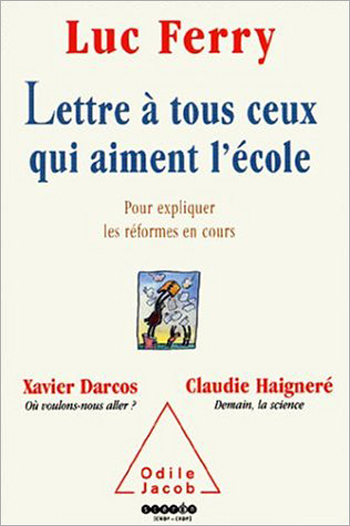
Luc Ferry, Xavier Darcos, Claudie Haigneré
A letter to all those who like school To explain the current reforms
Our education system was and still is today one of the best in the world. However, it is now experiencing new problems, which have been consistently denied as a result of both political point scoring and a lack of courage. Dare we suggest that the true reasons for these indisputable difficulties actually come, for the most part, from the school itself ? What is the solution ? How can teachers be helped to do their best so that their pupils perform better ?" Luc Ferry
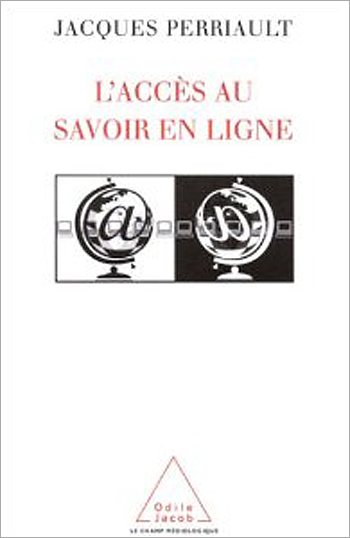
Jacques Perriault
Access to Online Knowledge
It is now possible to research and organise information and study online, through the Internet and with the help of satellites. However, the euphoric claims made for e-learning in the past, and the posturing strategies of telecommunications operators, were followed by a profound feeling of disillusion. What is the digital future ? What role can it play in education ? What measures need to be put in place in order to ensure long-lasting development ? Jacques Perriault teaches media and communications studies at the University of Paris-X-Nanterre.
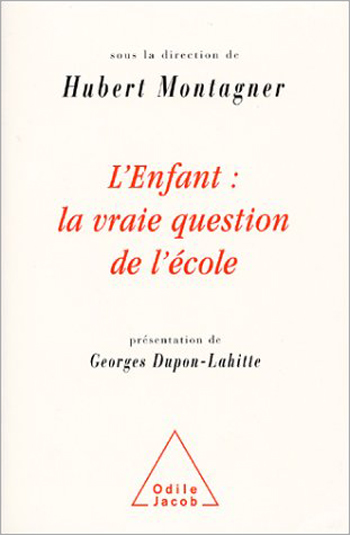
Hubert Montagner
The Child : The Real Question of Education
This ambitious work aims to provide a comprehensive view of the mechanisms, processes, influences, factors, and past and present events that may keep children from constructing, structuring or mobilising their abilities in an academic environment, and from acquiring new abilities and successfully constructing the required learning skills. In the struggle against academic failure, the main tool is understanding the child better. In order to do this, it is essential to base educational practice on the most recent knowledge.
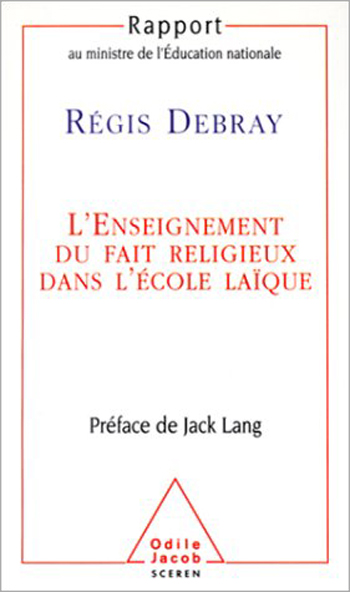
Régis Debray
The Teaching of Religion in State Schools
French public opinion largely approves the idea of reinforcing the study of religion from a cultural perspective in state schools. The intention is not to put God back into the school system. Religious traditions and the future of the humanities now share a common fate, and strengthening religious education will depend on strengthening education as such. The spirit of secularism should have nothing to fear." Régis Debray Régis Debray teaches philosophy.
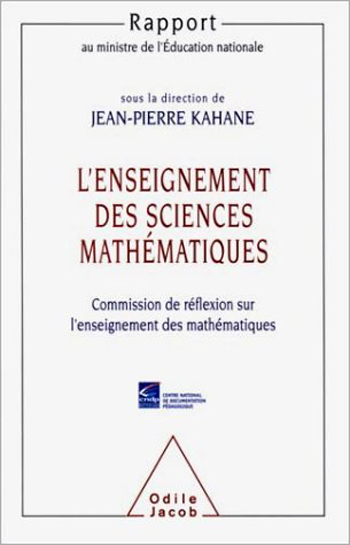
Jean-Pierre Kahane
The Teaching of Mathematical Sciences
What should be the goals and the contents of the mathematics syllabus from primary school to university? What changes should be undertaken to accompany and prepare for future developments in science and technology? And how should the initial training, competitive recruitment and further education of maths teachers evolve and develop? This book is the fruit of several months work by a committee, presided by the mathematician Jean-Pierre Kahane, on the future of the teaching of mathematics.
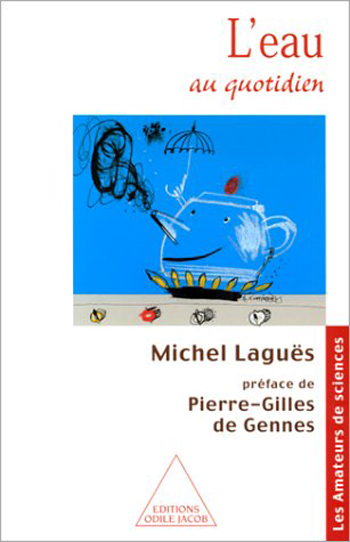
Michel Laguës
Water in Daily Life
With the aid of this book, readers will be able to understand some of the most complex and profound ideas of contemporary physics simply by observing water in their daily lives. Michel Laguës is a research director at the Centre National de la Recherche Scientifique.
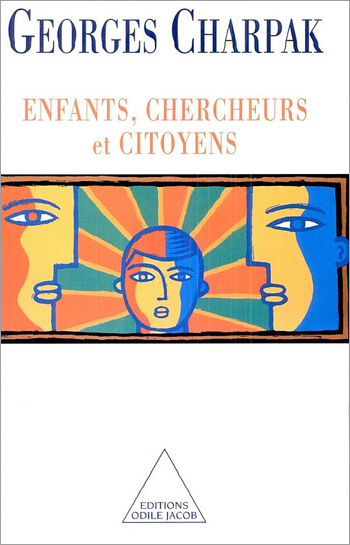
Georges Charpak
Children, Researchers and Citizens
Georges Charpak has taken the initiative for a complete reform of our methods of science teaching. He proposes a teaching method based on creativity and problem-solving, instead of the old theoretical, book-based approach. This book recounts the experiences of two teams of French educators in a research institution created by Leon Lederman in Chicago, and the lessons which we can take from their experiences. Pollens shows that to learn is to discover, and that it is in discovering that one learns. Georges Charpak is a Nobel laureate in physics, and the author of La vie à fil tendu and Feux follets et champignons nucléaires, both published by Editions Odile Jacob.
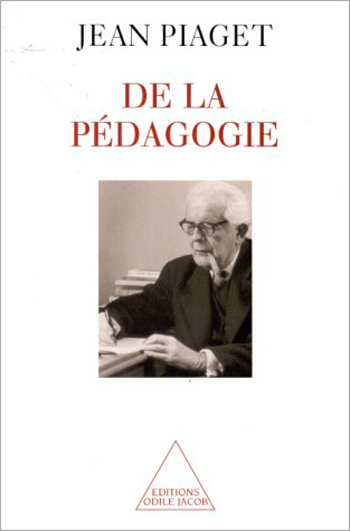
Jean Piaget
Of Education
What is the teacher's role and how important is it in a child's education? Should this role include the shaping in the child's mind of the tools with which to grasp and comprehend the world? How should activities be presented so as to be easily understood by children? What are the difficulties that children encounter when resolving mathematical problems? Pedagogical methodology, the role of the educator, and the child's autonomy : these are some of the subjects that Piaget reflected on throughout his life and which remain central to educational concerns today.
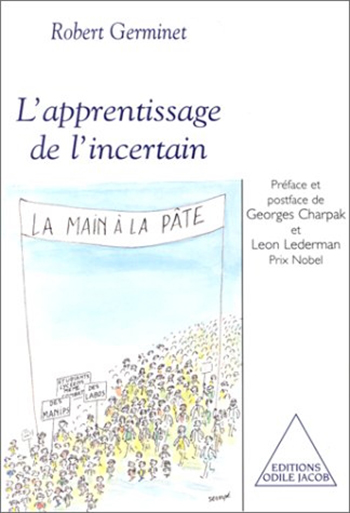
Robert Germinet
An Apprenticeship in the Uncertain
"When I got my degree from the Ecole des Mines, I didn't know how to do anything with my hands. But there was nothing surprising about that: I was an unalloyed product of French teaching methods. I realised that it would be useful to teach students not to be afraid to get their hands dirty: to educate future engineers by first of all inculcating in them an experimental approach to science. The idea was to send them out into the field, dressed in workers' overalls; to make them share in the concerns of the technicians, as well as in management's problems: in short, to make them ingenious engineers." Georges Charak Robert Germinet, who holds a doctorate in physics, is the director of the Ecoles des Mines, Nantes, and regional director for industry, research and the environment for the Pays de la Loire.
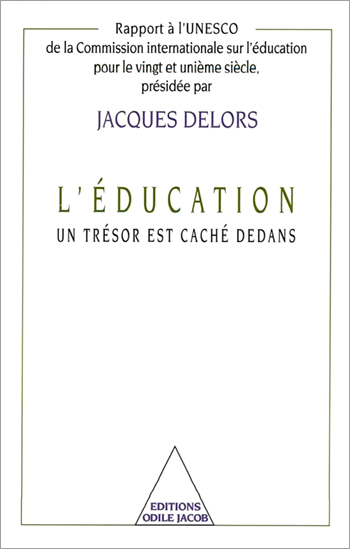
Jacques Delors
Education The Hidden Value Within
In this book, Delors specifies the educational objectives we should strive for: competence is vital, but it is equally necessary to prepare people to master knowledge, to teach themselves, to live together and, most simply, to be. We must invent and instill an approach to education that truly prepares men and women to take their own futures in hand, and such a feat implies not only economic efficiency, but also an adequate preparation for everyday life. Shouldn't the mastery of education be the next challenge taken up by the global community?
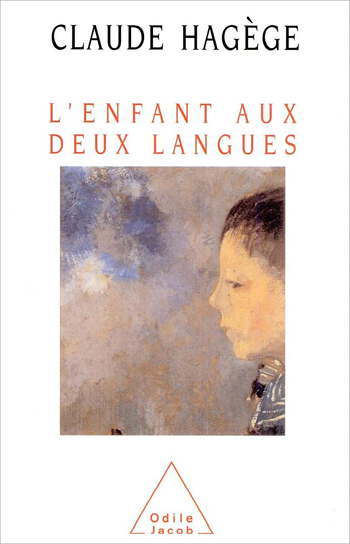
Claude Hagège
The Child who speaks two languages
At what age should we learn a second language? Which are the intellectual faculties which bilinguism helps to develop? What is the compared efficiency of language learning in childhood and in adulthood? In which case does a person forget a language, particularly a mother tongue? Claude Hagège tells us here that anybody can become perfectly bilingual and how Europe, which is not the continent where the most bilingual people are found, can multiply their number. Indeed, the challenge of bilingualism is at the heart of European union. C. Hagège, professor at the Collège de France, has published in particular L'Homme de paroles and Le Souffle de la Langue.
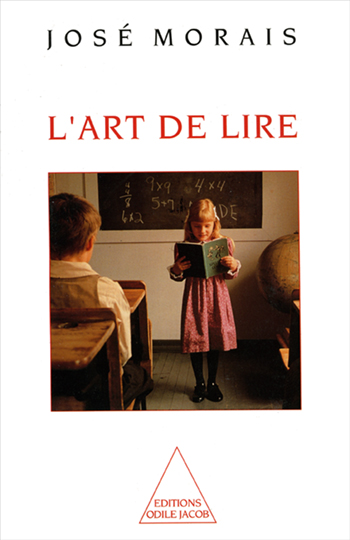
José Moraïs
The Art of Reading
José Moraïs analyzes the different methods with which we learn to read and presents the various therapeutic possibilities offered to those who do not master the art of reading .

